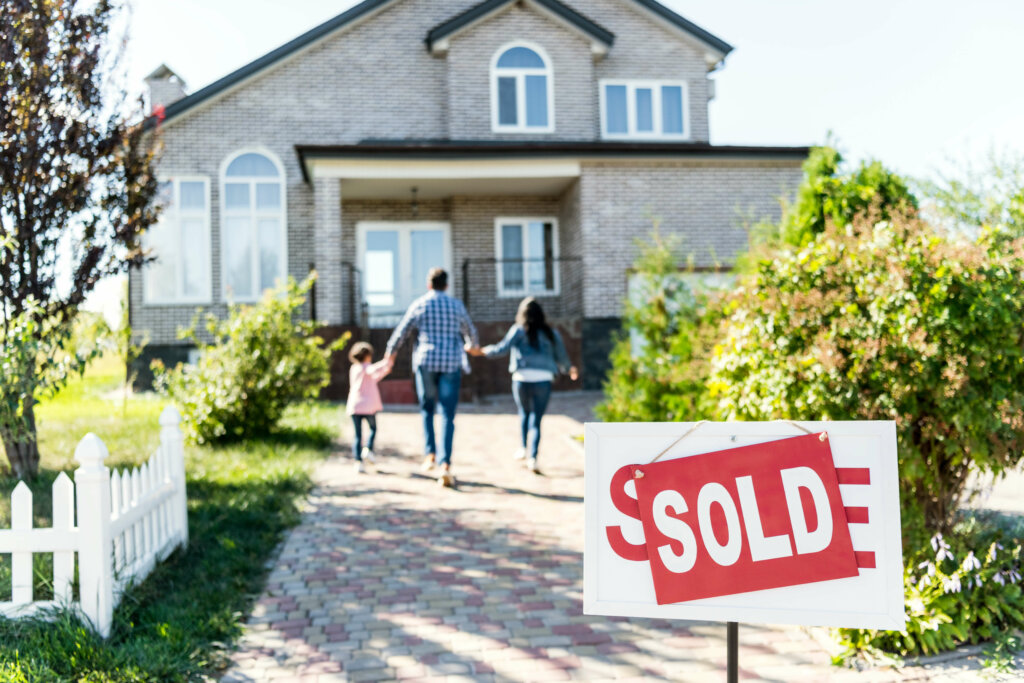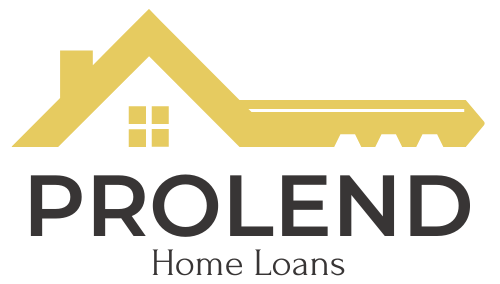- Ron@prolendhomeloans.com
- 281-791-0350
Conventional Mortgage
About Conventional Mortgages
At PROLEND HOME LOANS, we understand that finding the right mortgage is more than just securing a loan; it’s about finding a financial solution that fits your unique needs and goals. As your dedicated mortgage provider, we specialize in tailored Conventional Loans, offering values of personal service, local expertise, and competitive rates.
A conventional home mortgage is a type of mortgage loan that is not insured or guaranteed by a government agency such as the Federal Housing Administration (FHA) or the Department of Veterans Affairs (VA). Instead, it is backed solely by the borrower’s creditworthiness and the lender’s assessment of the property being financed.
Conventional mortgages typically have stricter credit requirements compared to government-backed loans. Borrowers generally need a good credit score (usually 620 or higher) to qualify, although excellent credit can lead to better interest rates.
Conventional mortgages often require a higher down payment compared to government-backed loans. While down payment requirements can vary, borrowers typically need to put down at least 3% to 20% of the home's purchase price. The exact amount depends on factors such as the borrower's credit score, loan amount, and lender requirements.
Conventional mortgages have maximum loan limits set by government-sponsored entities such as Fannie Mae and Freddie Mac. These limits vary by location and are adjusted annually. Borrowers seeking loans that exceed these limits may need to consider jumbo mortgages, which typically have stricter requirements.
Conventional mortgage interest rates can be fixed or adjustable. Fixed-rate mortgages have the same interest rate for the entire loan term, providing stability and predictability for borrowers. Adjustable-rate mortgages (ARMs) have interest rates that can change periodically, typically after an initial fixed-rate period.
Conventional mortgages offer a variety of loan terms, commonly ranging from 15 to 30 years. Shorter loan terms typically have higher monthly payments but lower interest rates, while longer loan terms result in lower monthly payments but higher overall interest costs.
If a borrower makes a down payment of less than 20% of the home's purchase price, they are usually required to pay for private mortgage insurance (PMI). PMI protects the lender in case the borrower defaults on the loan. Once the borrower's equity in the home reaches 20%, they may be able to request cancellation of PMI.

Conventional mortgages offer flexibility in terms of property types and occupancy. They can be used to finance primary residences, second homes, and investment properties, as long as the borrower meets the lender's requirements.
Conventional mortgages may have origination fees, appraisal fees, title insurance, and other closing costs associated with the loan. Borrowers should carefully review and compare these costs when shopping for a mortgage.
Overall, conventional home mortgages offer flexibility and stability for borrowers who meet the credit and financial requirements. It’s essential for borrowers to carefully evaluate their financial situation and shop around for the best mortgage terms and rates before committing to a loan.
Our mission is to provide industry-leading customer service, ensuring your journey to homeownership is smooth and rewarding.
We assess your financial situation, explore various loan options, and tailor a solution that fits your goals and budget.
Zero Hassles
We understand that securing a mortgage is not just about getting a loan; it's about getting the best rates.
Talk with a Lending Specialist.

Fulhome
- 329 Queensberry Street North Birmingham, UK
